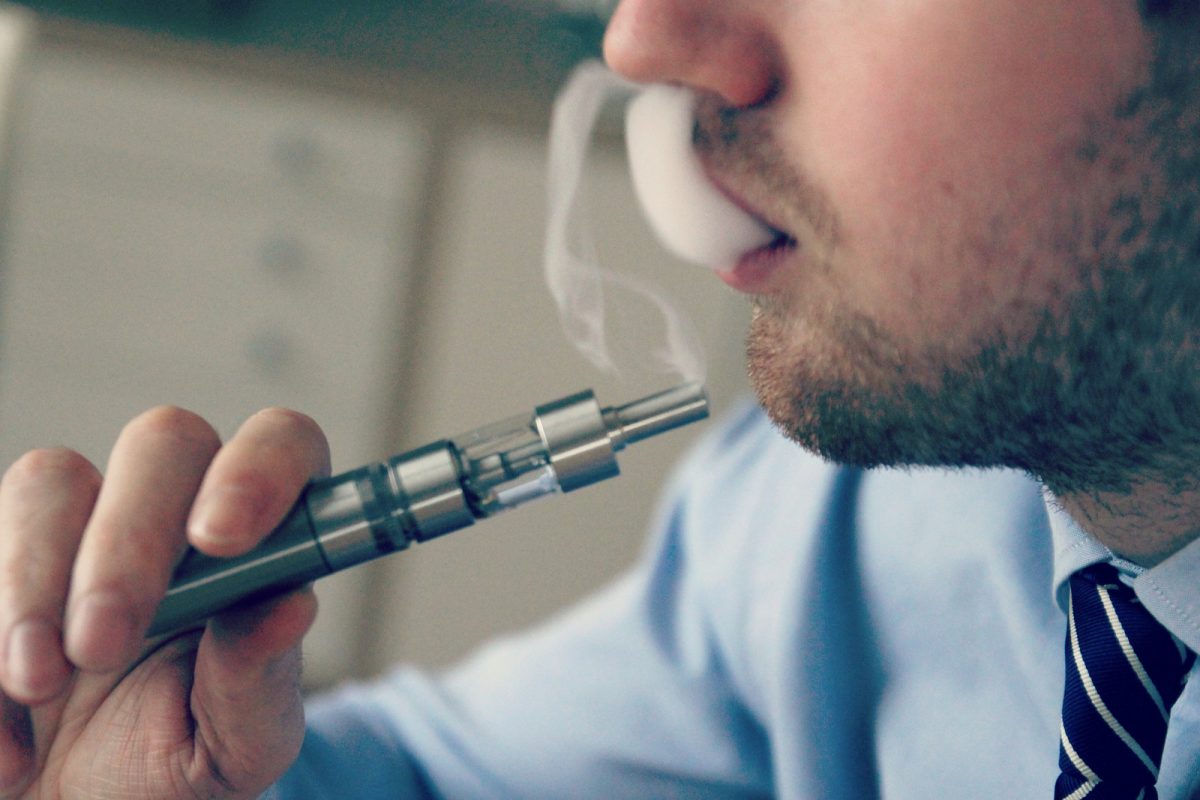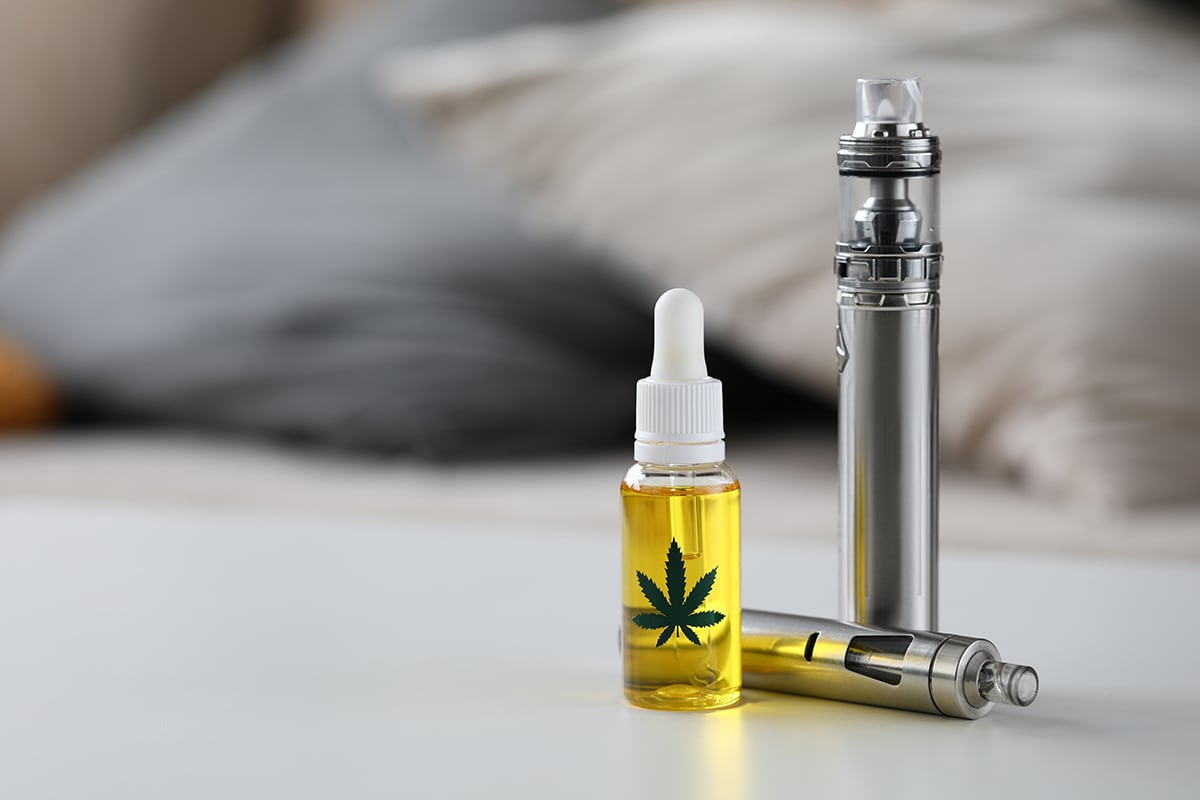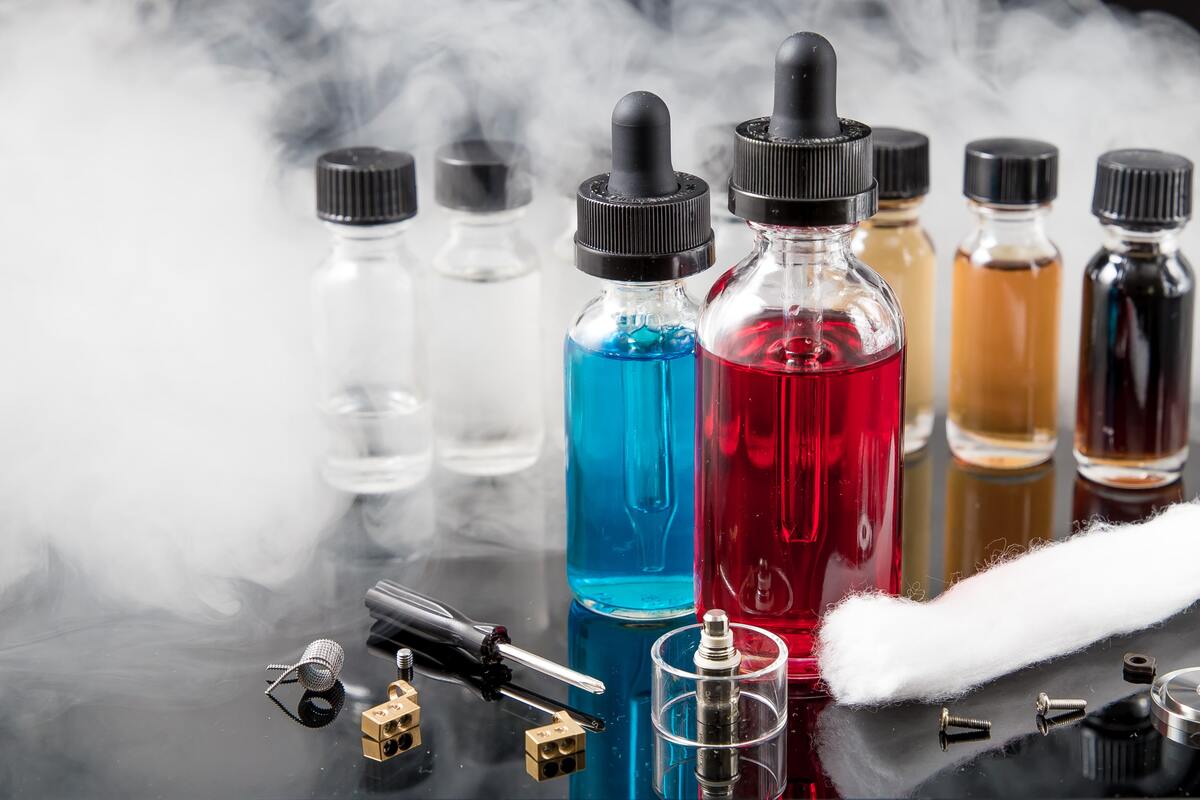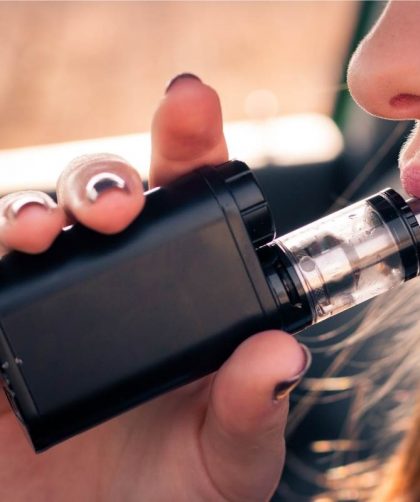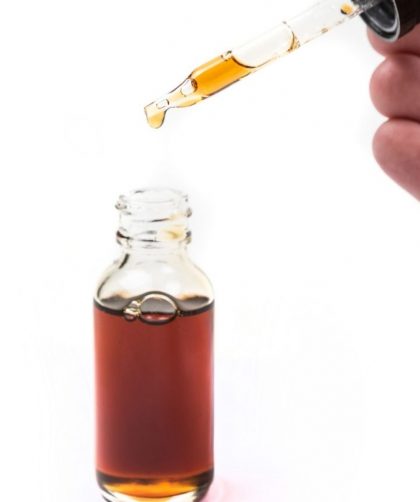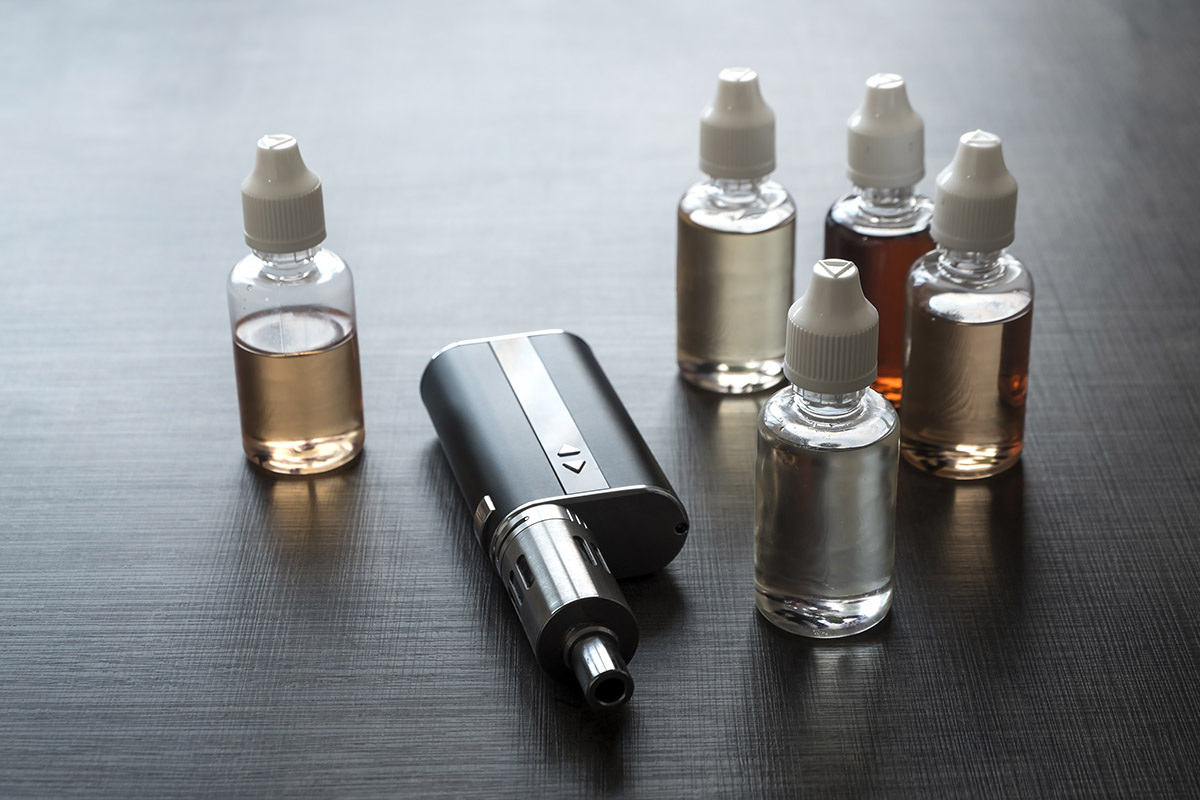Explore independent reviews to understand the health implications of vaping and compare various vaping products, ensuring you make informed decisions. Stay updated on latest vaping mods and technology to enhance your vaping experience safely. Navigate the guide to vaping essentials to ensure a smooth transition from traditional tobacco products to e-cigarettes. Familiarize yourself with the evolving regulatory landscape by consulting authoritative sources on both health guidelines and legislative changes, …



